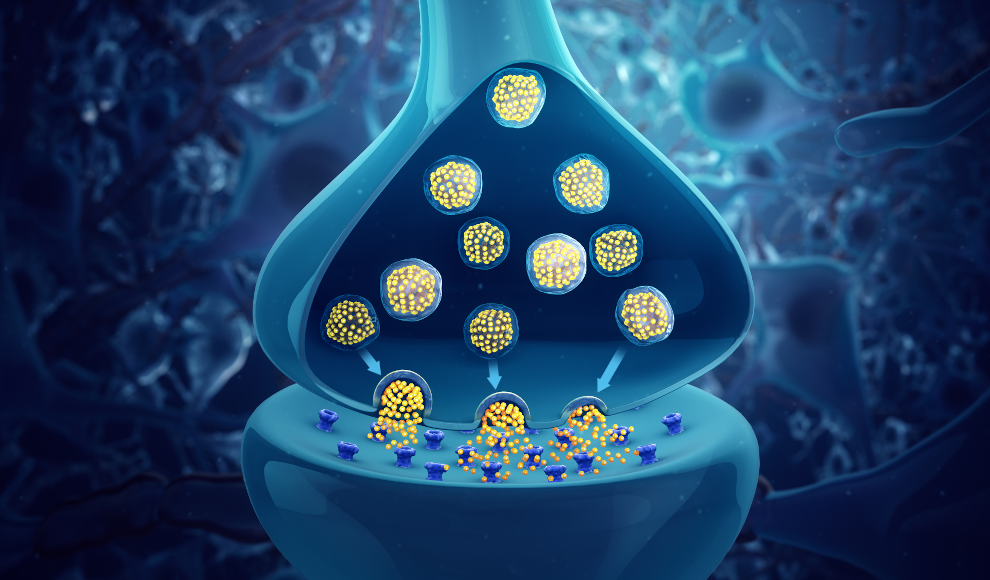The brain is a vital organ that requires a significant amount of energy to function, even during periods of rest. A new study conducted by scientists at the Weill Cornell Medical College has revealed the reason behind this phenomenon. The human brain accounts for only 2% of the body’s weight but consumes 20% of its energy. The majority of this energy is used for the communication of nerve cells through electrical and chemical signals. However, the brain’s energy demand remains high even during sleep and coma. The researchers aimed to determine why the brain requires so much energy during these periods of rest.
The team, led by Camila Pulido and Timothy Ryan, hypothesized that synapses, the junctions between nerve cells, were responsible for the high energy demand. Synapses convert electrical signals into chemical messengers that transmit information between cells. The researchers found that even during periods of rest, synapses and the vesicles that store neurotransmitters require constant energy. This is because the membranes of these tiny vesicles are not completely sealed, causing them to lose protons continuously. The V-ATPase enzyme compensates for this loss by consuming ATP, resulting in a constant energy demand.
The study’s findings provide a compelling explanation for why the brain has a higher basal metabolic rate than other tissues, even during periods of rest. The researchers estimate that there are hundreds of trillions of synapses in the brain that require constant energy. This constant energy demand also makes these nerve endings vulnerable to supply shortages. The study’s authors hope that their findings will help researchers better understand the brain’s energy requirements and develop new treatments for neurological disorders.










